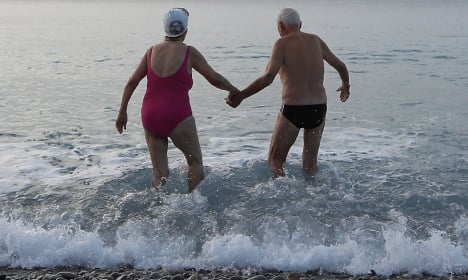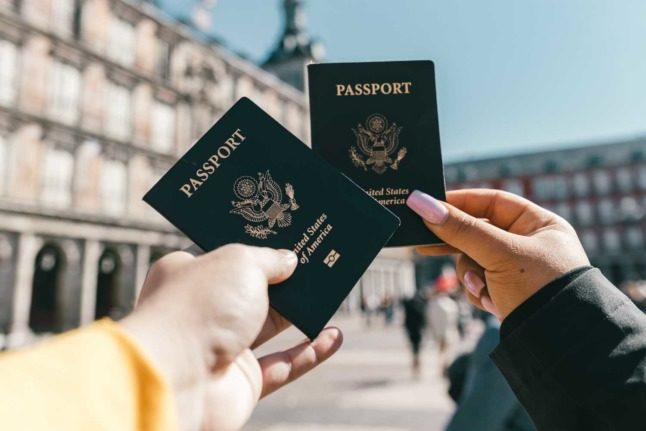A new study confirmed that life expectancy levels in France are some of the highest in the world and they are increasing year on year. The average age for women will soon be nearly 90.
But is it any surprise?
France has long been considered a top spot for spending your later years and as we all know, it's popular with Britons leaving the world of work at home to start a new life in the slower lane in France to make the most of the improved quality of life.
Here are some of the reasons why if you're going to live to a ripe old age, then you're better off doing it in France.
All round quality of life
This applies to everyone living in France but is perhaps even more important for those reaching the age of wisdom.
France regularly scores highly in quality of life surveys. Last year an HSBC survey ranked the country 4th out of 45 for quality of life, well ahead of the US in 26th position and the UK in 30th.
But quality of life encompasses many things so let's get more specific.
Top quality and affordable healthcare
Good healthcare is a big factor for many reaching retirement, and France’s system puts minds at ease.
The Gallic system is one of the best for expatriated retirees, grabbing 88 out of 100 points on the 2017 edition of International Living magazine's Annual Global Retirement Index.
And you get good bang for your buck too, with four out of six expats in the InterNations global expat study finding the price of healthcare to be very affordable.

Great financial security and benefits
Money isn’t everything, but for a good quality of life after retirement, it helps not to have to worry about your finances.
France ranks very highly for income security among retirees, coming third in the UN’s Global AgeWatch Index, which examined the quality of life of the elderly in 91 countries.
At 3.4 percent, it has one of the lowest poverty rates among elderly people and has 100 percent pension coverage.
Real estate is affordable
As you get older, many people look to quit the renting world and set up shop in their own home, and France is a good place to start looking for one. Though obviously Paris is a different matter.
The typical French person only spends 18.3 percent of their income on housing, and pays off their mortgage in 19 years, according to a 2016 report by mortgage specialists Credit Fonciere.
Easy access to European countries
This one is obviously geared towards expat retirees. Sharing its border with eight different countries, and just a Eurostar away from the UK, France is an easy destination for your progeny back home to come and visit, and for you to explore all Europe has to offer in your retirement.
The excellent TGV high speed service, which offers discounts of up to 50 percent off to elderly passengers, means you don't need to rely on driving to get around the country.

Photo: monkeybusiness/Depositphotos
Low cost of living
You might think that the country responsible for Chanel and the Michelin star dining standards would be full of loaded residents, but the average Francois or Marie earns around €28,000 a year– only slightly above the average for the 20 OECD countries.
And in a Numbeo cost of living index, France ranked as more expensive than the UK and Canada, but less expensive than the US or Australia.
So all in all, those on more modest pensions can still enjoy a decent quality of life in France.
Good work-life balance
And if you’re still on the payroll when you’re in France, your working life should be arranged to allow you, if not a stress-free, but stress-reduced life before retirement.
You can retire at 62, and the 35-hour week, although it doesn't apply to everyone means you won’t be worked off your feet at a time when you might be wanting to take you career at a slower pace.
Frequent holidays mean more time visiting family, or kicking back and enjoying the lifestyle.
Feeling safe
And lastly, you just feel safe here. According to the Global Age Watch Index about 62 percent of elderly French people feel safe walking alone at night in their neighborhood or town.
By Rose Trigg



 Please whitelist us to continue reading.
Please whitelist us to continue reading.